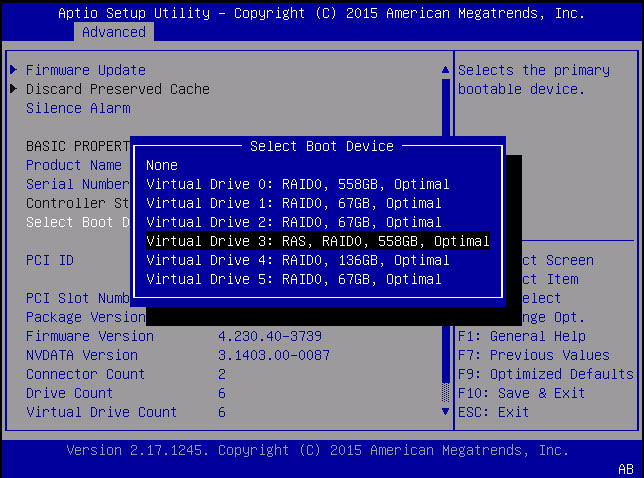

You won't really notice a difference in performance between them.

If you go with an SSD, then I would go for whatever currently costs the least for capacity (smallest $/GB). SSDs excel at high queue depth operations, so your machines will be much more responsive. Because you have so many machines issuing small (essentially random read/write) requests to the disk, you will be exercising your storage at a higher queue depth. Not only will it create them faster, but you will have significantly better overall VM performance. If you are going to be in the range of a few hundred GB, then an SSD is absolutely the way to go. WD Red or Seagate NAS drives would be most appropriate, in a RAID 1 configuration. If you need to create many TB of VMs, then HDDs are the way to go. thin provisioning? What requirement do you have that needs thick vs thin? Why are you bothering with thick provisioning vs. Specifying the number of VMs and the type of work you need to do would be more beneficial for recommending a storage solution. Are you using vmware's workstation or their ESX(i) product line? Are you creating tons of VMs which causes that workload or is this performance measurement based on a workload pattern inside one or more VM? Stating a sustained transfer rate really doesn't help identify your workload. It's unclear what you mean by VMware is creating drives at 60-70 mb/s. Typically in a virtualized environment with numerous VMs, I'd recommend 10K or 15K RPM SAS drives if you can spring for it. RAID 1 or RAID 10 will win in the dollar per GB category depending on the drives and the quantity purchased. If you're only buying one SSD you're running at your own risk for availability.
Raid setup on virtualmachine software#
A virtual Linux bridge is a software bridge that forwards data between virtua Kubernetes 101 : Executing a command inside a Pod. SSD will win in the performance category almost always especially in a mixed IO workload under a VMwaer ESXi environment with lots of VMs competing for IO on the same data store. The Raid-1 structure allows us to have two copies of the same data on two different.
Raid setup on virtualmachine pro#
If I should go with HDDs which HDD should I get? For SSD, I am considering Samsung 850 PRO 1TB capacity. So which one will let vmware create the storage files faster as I am using fixed not dynamically allocated storage? Currently Vmware is creating drives at 60-70~mb/s. As the title implies, I am looking to expand my storage for various virtual machines and iscsi drive setups. Just to clarify, this same Virtual Machine has been running for 9 Years on VMware on the previous server (Centos 5 without RAID), the problems just started recently after being migrated to the new server with VBox and seem to be related to RAID in conjunction with VBOX.


 0 kommentar(er)
0 kommentar(er)
